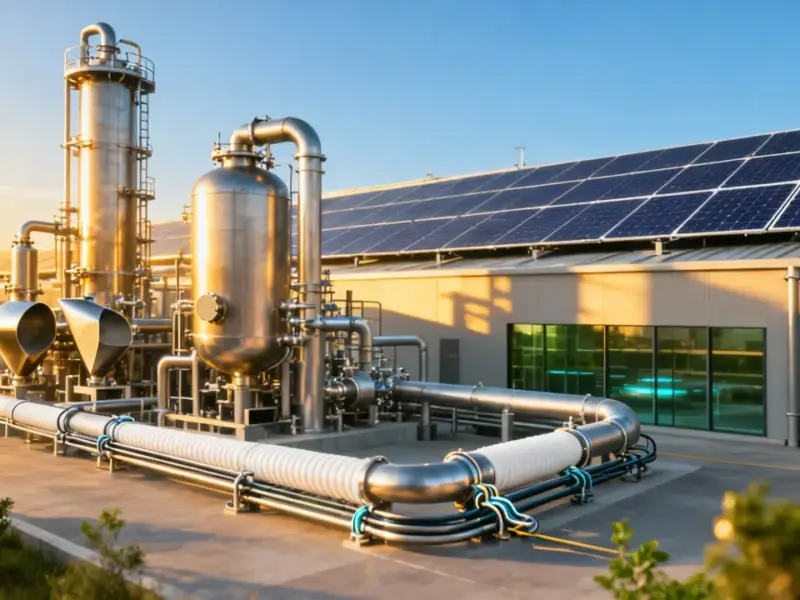According to EU-Startups, Reflex Aerospace has secured €50 million in Series A funding, making it the largest Series A round in European New Space sector history. The German satellite platform manufacturer raised the capital from investors including Human Element, Alpine Space Ventures, Bayern Kapital, HTGF, and Renovatio Financial Investments. CEO Walter Ballheimer emphasized that “Europe cannot afford to remain reliant on external actors for space-based intelligence” and stated they “will act now because in the current environment, there is no time to waste.” The company, founded in 2021, specializes in payload-specific satellite platforms using modern manufacturing to reduce lead times. This funding will accelerate development of sovereign satellite constellations for optical, SAR, SDA, and SIGINT capabilities, with expansion of manufacturing capacity in Bavaria. Reflex aims to have all capabilities demonstrated in orbit by 2027, following their first remote sensing satellite that reached orbit in January 2025.
Sovereignty drives space investment
Here’s the thing: this isn’t just another tech funding round. The €50 million reflects a massive strategic shift happening across Europe. Germany alone plans to invest roughly €35 billion in space-related defence projects through 2030, and Defense Minister Boris Pistorius has called satellite networks an “Achilles heel of modern societies.” Basically, Europe’s looking at Ukraine, at global tensions, and realizing they’re way too dependent on other countries for critical intelligence. When you can’t see what’s happening from space without asking someone else for the data, you’re vulnerable. And European governments have finally decided they’re not okay with that.
Reflex’s manufacturing advantage
So what makes Reflex different? They’re focusing on what they call “payload-centric buses” that can be rapidly manufactured without costly megafactories. Traditional satellite manufacturing often involves massive facilities and years of development. Reflex is applying modern manufacturing techniques to cut those lead times dramatically. Their Praetora platform architecture is designed specifically for critical ISR missions – that’s intelligence, surveillance, and reconnaissance. The company claims this approach delivers the flexibility and speed needed to meet growing demand across Germany and allied markets. But here’s the real question: can they actually deliver on those manufacturing promises by 2027? That’s the billion-euro question, literally.
Europe’s broader space push
Reflex isn’t operating in a vacuum. The EU plans to launch its European Space Shield Initiative in 2026, creating a coordinated approach to space-based defense. Meanwhile, other European startups are also seeing investment – Space Forge in the UK secured €26.8 million for in-space manufacturing, while Italy’s Astradyne raised €2 million for ultralight solar panels. But Reflex’s €50 million dwarfs those rounds, showing where investor confidence is strongest. The German space tech environment appears particularly robust, with players like HyImpulse Technologies also attracting significant backing. It’s becoming clear that Europe sees sovereign space capability as non-negotiable, and they’re willing to pay to make it happen.
The geopolitical imperative
Look, the timing here is everything. With global instability exposing the risks of relying on external providers for critical geospatial data, Europe’s moving fast to close capability gaps. As one analysis noted, Germany’s massive space defense commitment is directly aimed at countering threats from Russia and China. Reflex is positioning itself as the solution to what Ballheimer calls Europe’s “urgent need for independent access to space-based intelligence.” They’re not just building satellites – they’re building what amounts to Europe’s eyes in the sky. And given current geopolitical tensions, those eyes need to be European-owned and operated. The race for sovereign space capability is on, and Reflex just got a massive fuel injection.




